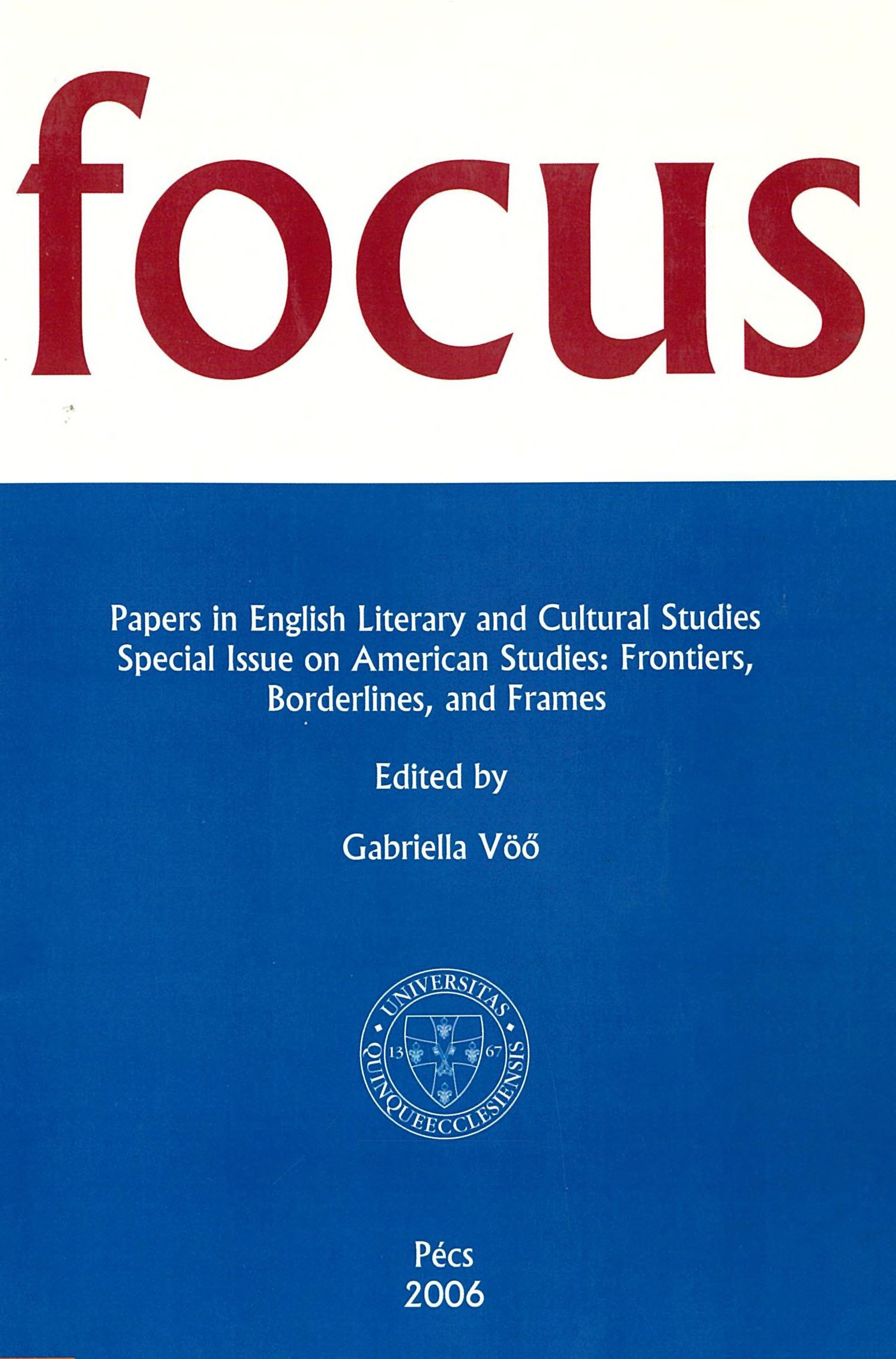Crossing the Borderline of “Null Policy”: the U.S. Federal Congress as a Language Policy-Making Entity
Abstract
It is impossible for a state to be neutral toward language. Governments necessarily make choices about which language or languages they will communicate in. The idea of “linguistic disestablishment” (Kymlicka and Patten 32) is an illusion, since even a hypothetical “null policy” (Wiley 49) with respect to minority languages inevitably favors the majority (usually official) language and its speakers (Fishman, “From theory to practice” 454). Linguistic non-intervention - an alleged laissez-faire language policy by the state—will result in “linguistic Social Darwinism” (Kontra 109), which is clearly detrimental to minority interests. As Shirley Brice Fleath pointed out three decades ago, the absence of explicit policy is in itself an act of language policy (qtd. in Paulston 475).
Downloads
Published
How to Cite
Issue
Section
License

This work is licensed under a Creative Commons Attribution-NonCommercial-NoDerivatives 4.0 International License.
FOCUS: Papers in English Literary and Cultural Studies follows the principles laid down by Creative Commons, which provides guarantees for the Author’s copyright while also ensuring that intellectual properties are made available for the wider public in a digital form. All papers submitted to the journal apply the following licence conditions (indicated on the journal’s website as well as in individual publications):
“© This work is licensed under a Creative Commons Attribution-NonCommercial-NoDerivatives 4.0 International License.”
You are free to:
- Share, copy and redistribute the material included in the journal in any medium or format under the following terms:
- Attribution — You must give appropriate credit to the Author, and indicate the original place of publication [FOCUS: Papers in English Literary and Cultural Studies, Issue nr., page numbers.].
- NonCommercial — You may not use the material for commercial purposes.
- NoDerivatives — You are not allowed to remix, transform, or build upon the material.
- The above conditions must always be indicated if the journal material is distributed in any form.
- The above conditions must always be met, unless a written permission signed by the Author and the Editor-in-Chief states otherwise.

